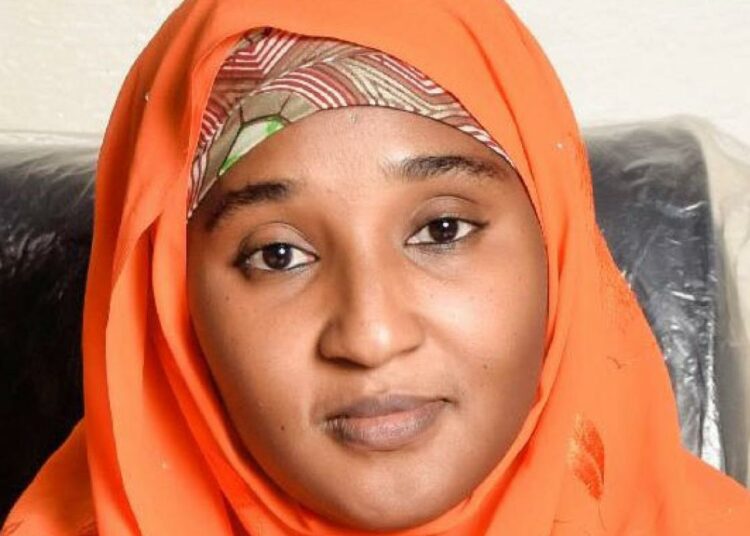The federal government, represented by the Minister of State for Education, Dr Suwaiba Said Ahmad, has called for collaborative efforts in rehabilitating and educating women in custodial centres across the country. The minister says the transformative power of education in empowering incarcerated women must be considered.
The Minister stated this at an event celebrating the 30th anniversary of the Prison Rehabilitation and Welfare Action (PRAWA), which brought together stakeholders to discuss holistic strategies for rehabilitation and reintegration in Abuja.
Addressing attendees, the minister highlighted the critical role of both formal and informal education in fostering hope and self-reliance among women in custody. “Education is not merely a tool for personal development but a lifeline that opens doors to reintegration and independence,” she said. Formal education equips women with essential literacy and numeracy skills, while informal education offers vocational training and entrepreneurial competencies, enabling them to overcome economic barriers and support their families.
The minister stressed that rehabilitation efforts must go beyond skills acquisition to address the unique challenges faced by women in detention. Many are caregivers or survivors of trauma, requiring comprehensive support systems that include gender-sensitive healthcare, counselling, and family reconnection.
“Rehabilitation and reintegration are not acts of charity; they are investments in humanity. By prioritising education and skills acquisition, we create a society that values equal chances and upholds the dignity of every individual,” she noted.
Dr Uju Agomah, Executive Director of PRAWA, also shared insights into the organisation’s three-decade journey.
She recounted her motivation to establish the group after recognising the need for research, advocacy, and capacity-building for people in detention.
The workshop, a prelude to an international conference, featured several initiatives, including training health and legal professionals on torture documentation using the Istanbul Protocol and engaging universities in paralegal training programs. Institutions such as the University of Lagos, Nnamdi Azikiwe University, and others are working with PRAWA to enhance vocational and correctional education programs.
One event highlight was an exhibition showcasing products made by inmates, ex-inmates, and at-risk youth, emphasising the practical outcomes of rehabilitation initiatives.
The Minister of State praised the federal government’s focus on skills acquisition under the Renewed Hope Agenda, which prioritises education and rehabilitation. “As students leave schools, or women leave correctional facilities, they must be equipped with skills to reintegrate and contribute productively to society,” she said.
The government is also addressing the needs of female inmates through programs targeting out-of-school children, ensuring they receive education and skills to build productive futures.
Stakeholders at the event called for continued advocacy, resources, and partnerships to empower women in detention and urged the implementation of gender-responsive and inclusive policies to ensure successful reintegration.
The event reinforces the commitment to transforming correctional facilities into centres of hope and opportunity, enabling women to rebuild their lives and contribute to society.











